Have you ever faced a legal issue and felt overwhelmed by the financial implications? Navigating personal injury claims, debt settlements, or employment disputes can be daunting and stressful. Mounting expenses and complex negotiations often add to the burden. However, skilled legal representation can make a significant difference.
In this article, we’ll explore how professional legal support can maximize your compensation, minimize costs, and secure your financial future.
The Strategic Impact of Legal Representation on Financial Recovery
When it comes to financial recovery, having an experienced lawyer on your side can make all the difference. Skilled attorneys are adept at identifying and pursuing all possible avenues for compensation, ensuring you receive the maximum amount you deserve.
Maximizing Compensation
They understand the intricacies of the legal system and can navigate complex regulations to uncover additional sources of compensation you might not be aware of.
Minimizing Costs
Legal proceedings can be expensive, but a good lawyer will help you minimize out-of-pocket expenses. They employ strategies such as contingency fee arrangements, where you only pay if you win, and can often secure funding for litigation expenses. This means less financial strain on you during an already stressful time.
Avoiding Pitfalls
Self-representation might seem like a cost-saving measure, but it often leads to costly mistakes. Common pitfalls include missing filing deadlines, failing to gather necessary evidence, and not fully understanding legal rights and obligations.
These errors can result in reduced compensation or even case dismissal. An experienced attorney helps you avoid these pitfalls, ensuring a smoother path to financial recovery.
Legal Representation and Financial Settlements
One of the key benefits of having a lawyer is their negotiation skills. Lawyers are trained to negotiate higher settlements, leveraging their understanding of the law and the specifics of your case. This often leads to better financial outcomes than you could achieve on your own.
Being prepared to go to trial gives you a significant financial advantage. Lawyers prepare your case meticulously, which not only boosts your chances in court but also often encourages the other side to settle out of court for a higher amount. Their preparedness and willingness to litigate can lead to more favorable settlements.
In Michigan, timing is crucial when navigating financial settlements, particularly concerning debt relief. Factors such as accumulating evidence or seizing opportune moments for negotiation can significantly influence the outcome.
Debt Relief Programs are instrumental in these scenarios, providing strategic guidance to optimize financial recovery. Utilizing these programs can ensure that decisions made about your debt are both timely and beneficial, ultimately leading to more effective management of your financial obligations under Michigan debt relief. These strategies can alleviate the burden of debt, allowing Michigan residents to regain financial stability and peace of mind.
For those facing urgent financial crises, emergency debt relief Michigan options may be available. These programs can offer immediate assistance to prevent foreclosure, repossession, or other dire consequences of severe debt.
Debt settlement Michigan is another strategy that involves negotiating with creditors to reduce the total amount owed. While this can be effective, it’s crucial to work with a trusted debt settlement company to avoid potential scams or further financial harm. Michigan debt relief reviews can provide valuable insights into the experiences of others who have used these programs. Reading these reviews can help individuals better understand the potential benefits and drawbacks of different debt relief strategies.
Role of Legal Expertise in Different Types of Cases
In personal injury cases, legal representation is crucial for negotiating with insurance companies and maximizing settlement amounts. Insurance companies often try to minimize payouts, but a skilled lawyer knows how to counter these tactics and fight for fair compensation. They understand the true value of your claim, including medical expenses, lost wages, and pain and suffering.
Legal strategies can significantly help in reducing debt and avoiding bankruptcy. Lawyers can negotiate with creditors to lower the total amount owed or create manageable payment plans. They also provide protection from aggressive debt collection practices, giving you the opportunity to regain financial stability.
When it comes to employment disputes, such as wrongful termination or wage disputes, legal representation can result in substantial financial benefits. A lawyer can help you secure back pay, damages for emotional distress, and even punitive damages. They ensure your rights are protected and that you receive the compensation you’re entitled to.
Impact of Legal Representation on Case Outcomes
Research consistently shows that individuals with legal representation achieve better financial outcomes. According to studies, those who hire lawyers recover significantly more in damages compared to those who represent themselves.
This empirical evidence underscores the value of professional legal support in financial recovery. Data indicates a clear difference in financial recovery between represented and unrepresented parties.
For instance, represented personal injury claimants receive on average three and a half times more compensation than those without lawyers. These outcome statistics highlight the tangible financial benefits of legal representation.
Psychological and Financial Relief Through Legal Support
The financial benefits of reducing stress cannot be overstated. By handling the legal complexities of your case, lawyers allow you to focus on your recovery and well-being. This stress reduction contributes to better health outcomes and indirectly benefits your financial situation by enabling you to concentrate on returning to work and other productive activities.
Post-settlement, lawyers can assist in planning for future financial stability. They can provide advice on managing your settlement funds, ensuring they last and are used effectively. This financial planning support is invaluable in maintaining and growing your financial recovery over the long term.
Choosing the Right Legal Representation
When selecting a lawyer, look for key attributes such as experience, communication skills, and a strong track record of success. These qualities ensure that your lawyer is capable of achieving the best possible financial outcome for your case.
Qualities to Look For
To ensure you choose the right lawyer, ask essential questions such as: How many similar cases have you handled? What is your success rate? How do you plan to approach my case? These questions help gauge their capability to meet your financial recovery needs.
Questions to Ask
Understanding different fee structures is crucial. Some lawyers work on a contingency fee basis, meaning they only get paid if you win. Others charge hourly rates or flat fees. Understanding these structures helps you choose the best financial arrangement for your situation.
Long-Term Financial Benefits of Legal Representation
A key goal of legal representation is to secure sustainable settlements that provide long-term financial stability. Lawyers aim to ensure that your settlement covers immediate needs and future expenses, such as ongoing medical care or long-term disability.
Post-settlement, lawyers often provide financial advice to help you maintain and grow your financial recovery. This advice can include investment strategies, tax planning, and guidance on managing large sums of money. Their expertise helps you make informed decisions that secure your financial future.
Hiring legal representation can significantly impact your financial recovery outcomes. By maximizing compensation, minimizing costs, and avoiding common pitfalls, lawyers provide invaluable support throughout your case. Their expertise in various types of cases ensures that you receive the best possible financial outcome. Additionally, they offer long-term benefits such as financial planning and sustainable settlements, securing your financial future. Don’t navigate the complexities of legal proceedings alone; enlist the help of a skilled attorney to achieve the financial recovery you deserve.
Legal Representation vs. Self-Representation
| Aspect |
Legal Representation |
Self-Representation |
| Compensation |
Maximized through expert negotiation |
Often limited due to lack of expertise |
| Costs |
Minimized through strategic planning |
Potentially higher due to mistakes |
| Settlement Timing |
Strategically timed for benefit |
Often delayed due to inexperience |
| Stress |
Reduced through professional support |
Increased due to handling complexities alone |
| Outcome Statistics |
Higher average settlements |
Lower average settlements |
Upholding Integrity: The Role of Ethics in Legal Representation
Legal ethics and professional standards are the backbone of effective legal representation. They ensure that attorneys conduct themselves with integrity, promoting trust and reliability in client relationships. Key components include:
- Confidentiality: Lawyers are bound to keep client information private, securing sensitive financial details that are crucial during negotiations.
- Competence: Attorneys must be well-versed in their area of practice to provide effective counsel, directly influencing the financial outcomes of cases.
- Conflict of Interest: Ethical rules require lawyers to avoid situations where there is a conflict of interest, ensuring their decisions are made with the client’s best interests in mind.
- Advocacy: Lawyers must advocate zealously on behalf of their clients while remaining truthful and honest, balancing aggressive representation with ethical conduct.
These standards not only protect clients but also enhance the legal process by ensuring fair and honest dealing, which can significantly impact the financial recovery in a case.
Revolutionizing Recovery: The Impact of Technology on Legal Services
Technology is transforming the landscape of legal services, streamlining operations, and enhancing the capacity for handling cases, which in turn affects financial recovery outcomes. Here’s how technology plays a role:
- Automation of Routine Tasks: Reduces the time lawyers spend on administrative tasks, allowing them to focus more on strategic aspects of a case.
- Enhanced Research Capabilities: Legal research tools enable lawyers to quickly find relevant precedents and regulations, strengthening case strategies.
- Virtual Legal Services: Online platforms facilitate easier and more affordable client-lawyer interactions, broadening access to legal services and potentially reducing costs.
This integration of technology not only makes legal processes more efficient but also more accessible, potentially leading to better financial outcomes for clients.
Global Perspectives: Comparing Legal Systems and Financial Recovery
| Feature |
Common Law System |
Civil Law System |
| Role of Precedent |
Crucial; past decisions strongly guide current case outcomes |
Less significant; laws are more codified |
| Lawyer’s Role |
Advocate and strategist; heavily involved in shaping case strategy |
More focused on applying strict codes |
| Predictability of Outcomes |
Can vary widely based on previous cases |
More uniform and predictable |
| Litigation Costs |
Often higher due to complex litigation processes |
Generally lower, with streamlined procedures |
This table illustrates the stark differences in how legal systems approach cases, which can significantly influence financial recovery processes and outcomes.
Beyond the Settlement: Strategies for Financial Planning and Management
Post-settlement financial planning is crucial for long-term stability. Effective strategies include:
- Investment Advice: Lawyers often connect clients with financial advisors to ensure settlements are invested wisely to provide long-term benefits.
- Tax Planning: Understanding the tax implications of settlements is essential. Legal teams should guide clients on how to manage potential tax liabilities effectively.
- Budget Management: Attorneys might provide or recommend budgeting tools and resources to help clients manage their financial inflow effectively post-settlement.
These strategies emphasize the role of legal representation not just in winning a case, but also in securing a client’s financial future beyond the courtroom.
The Psychological Impact of Legal Challenges
Facing legal challenges can be an intensely stressful experience, often carrying significant psychological impacts. The complexity and uncertainty of legal proceedings can exacerbate feelings of anxiety and stress, affecting every aspect of a person’s life. Here’s how having a lawyer can provide essential mental and emotional support beyond the legal realm:
- Reduced Stress and Anxiety: Lawyers take on the burden of navigating the legal system, which can significantly reduce the stress and anxiety associated with managing the complexities of a case on one’s own. Knowing that an experienced professional is advocating on their behalf can provide clients with peace of mind.
- Emotional Support and Guidance: Lawyers often act as confidants, offering emotional support throughout the duration of the legal process. Their experience in handling sensitive situations allows them to provide reassurance and practical advice on coping strategies.
- Protection from Further Trauma: In cases involving personal injury or disputes with deep emotional impacts, lawyers shield their clients from direct confrontations and aggressive tactics that might exacerbate emotional distress. By acting as an intermediary, they protect their clients from potential re-traumatization.
- Strategic Decision-Making Support: The emotional toll of legal issues can cloud judgment. Lawyers help their clients make clear-headed, strategic decisions that consider both immediate needs and long-term impacts. This objective perspective is crucial during emotionally charged situations.
- Closure and Resolution: Achieving a legal resolution can provide psychological closure to clients, allowing them to move forward. The sense of justice being served, especially with the aid of a competent legal advisor, can significantly contribute to emotional healing and long-term well-being.
By addressing both the legal and emotional dimensions of a case, lawyers play a critical role in not only resolving the matter at hand but also in supporting their clients’ overall mental health and recovery. This dual role underscores the value of skilled legal representation in navigating the challenges and stressors of legal disputes.
Frequently Asked Questions (FAQs)
How does a lawyer increase my chances of a higher settlement?
By using expert negotiation skills and thorough case preparation.
Can I afford a lawyer if I’m already struggling financially?
Many lawyers work on a contingency fee basis, meaning you only pay if you win.
What should I look for when choosing a lawyer?
Look for experience, a strong success rate, and good communication skills.




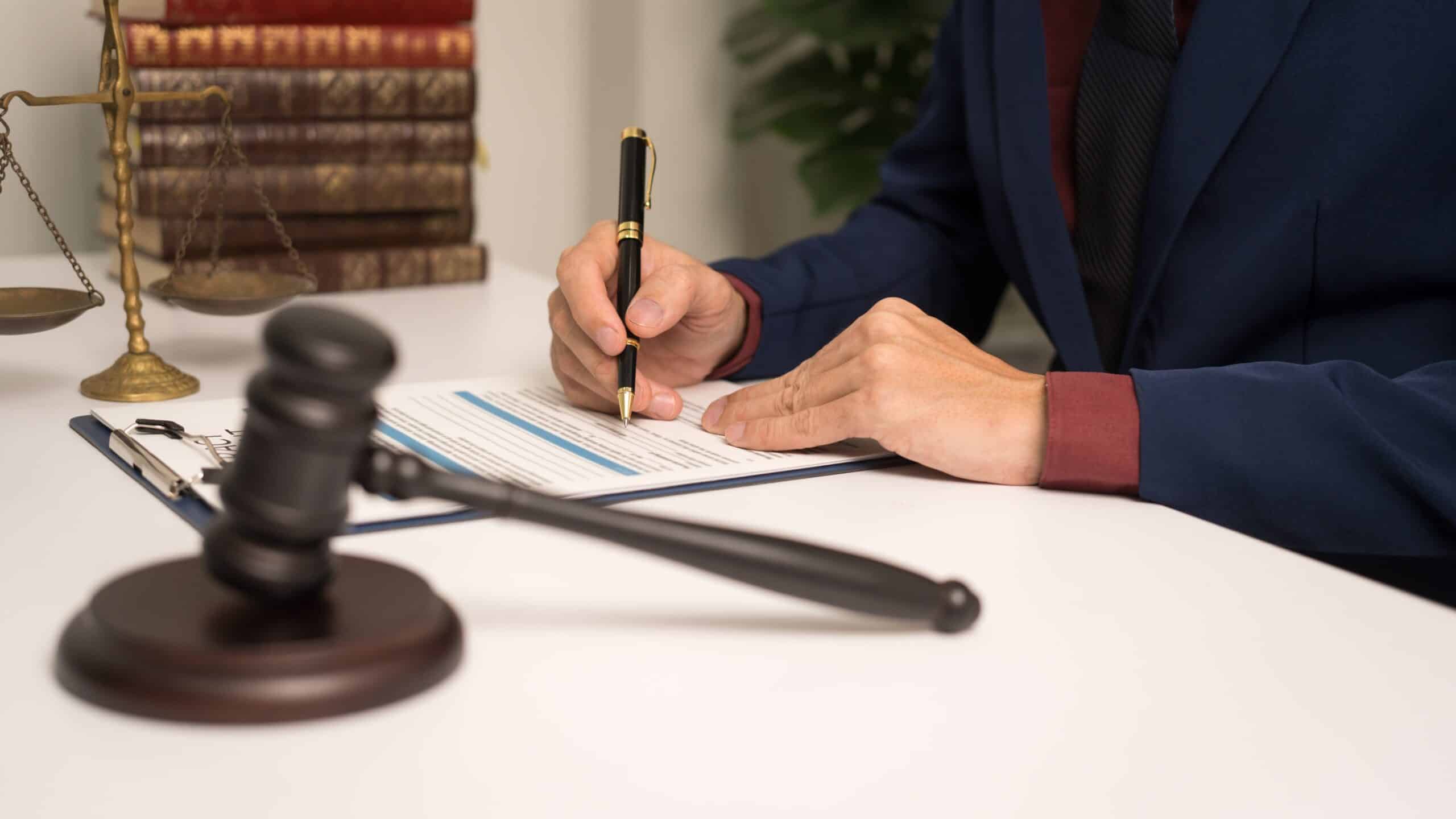









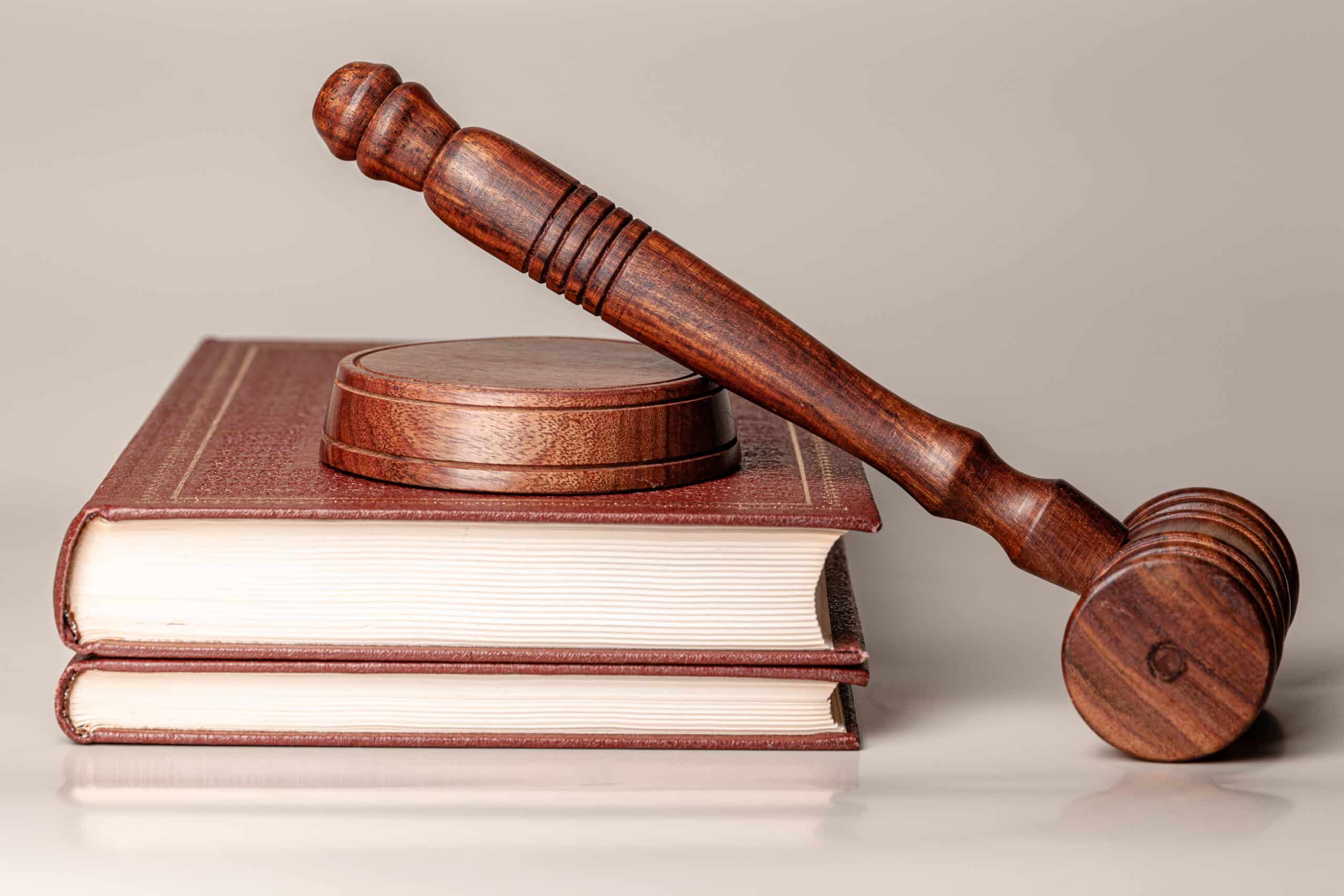

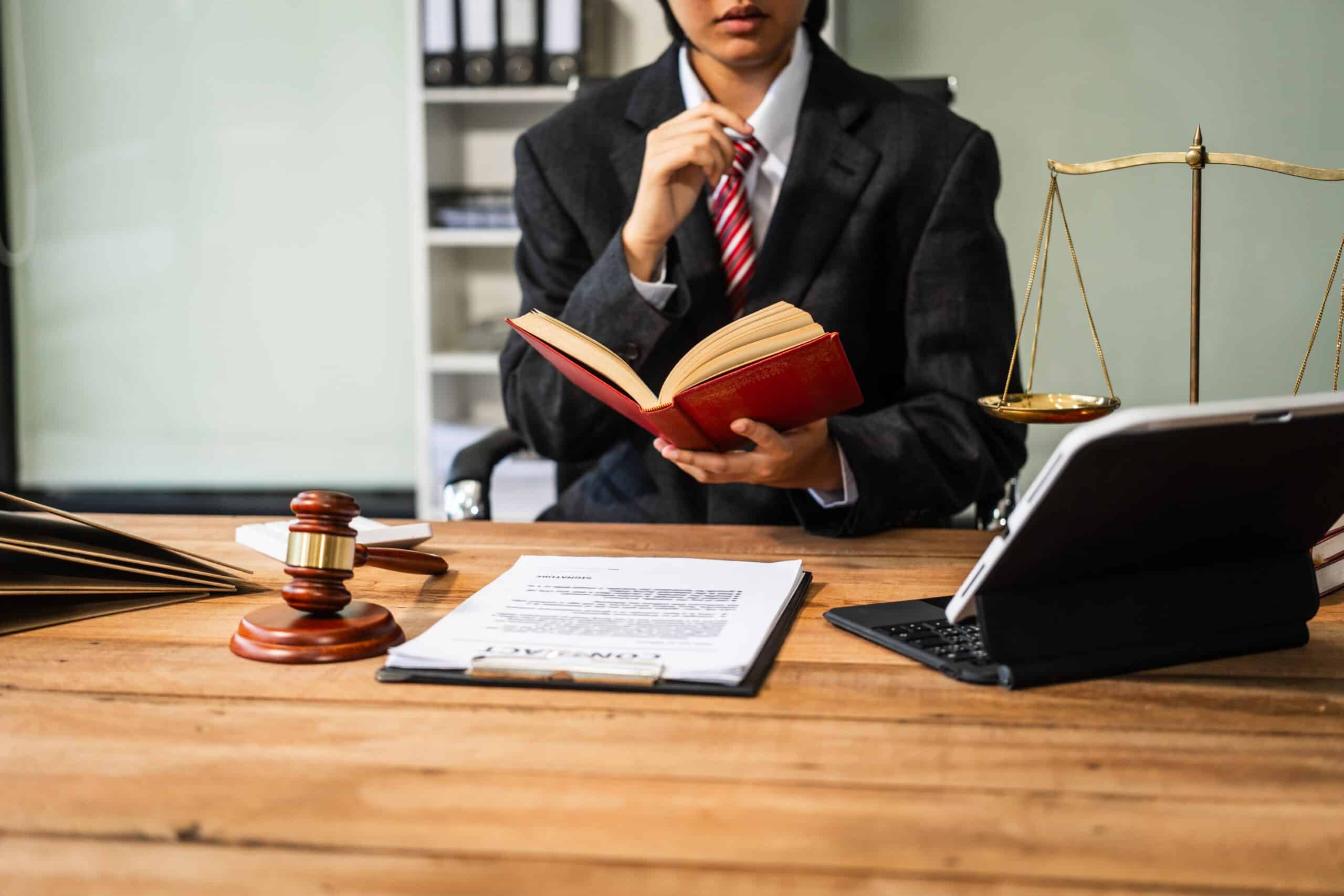


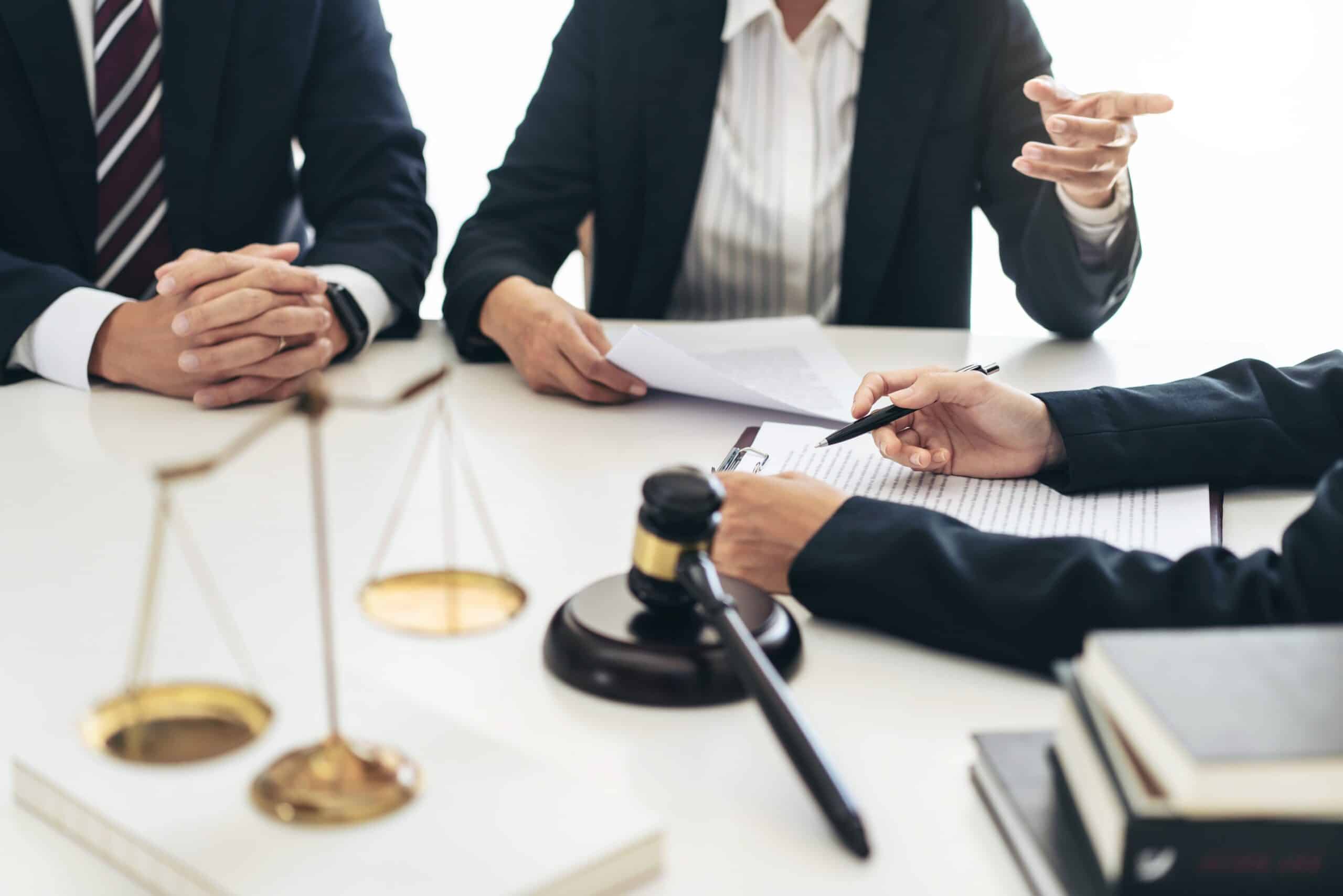
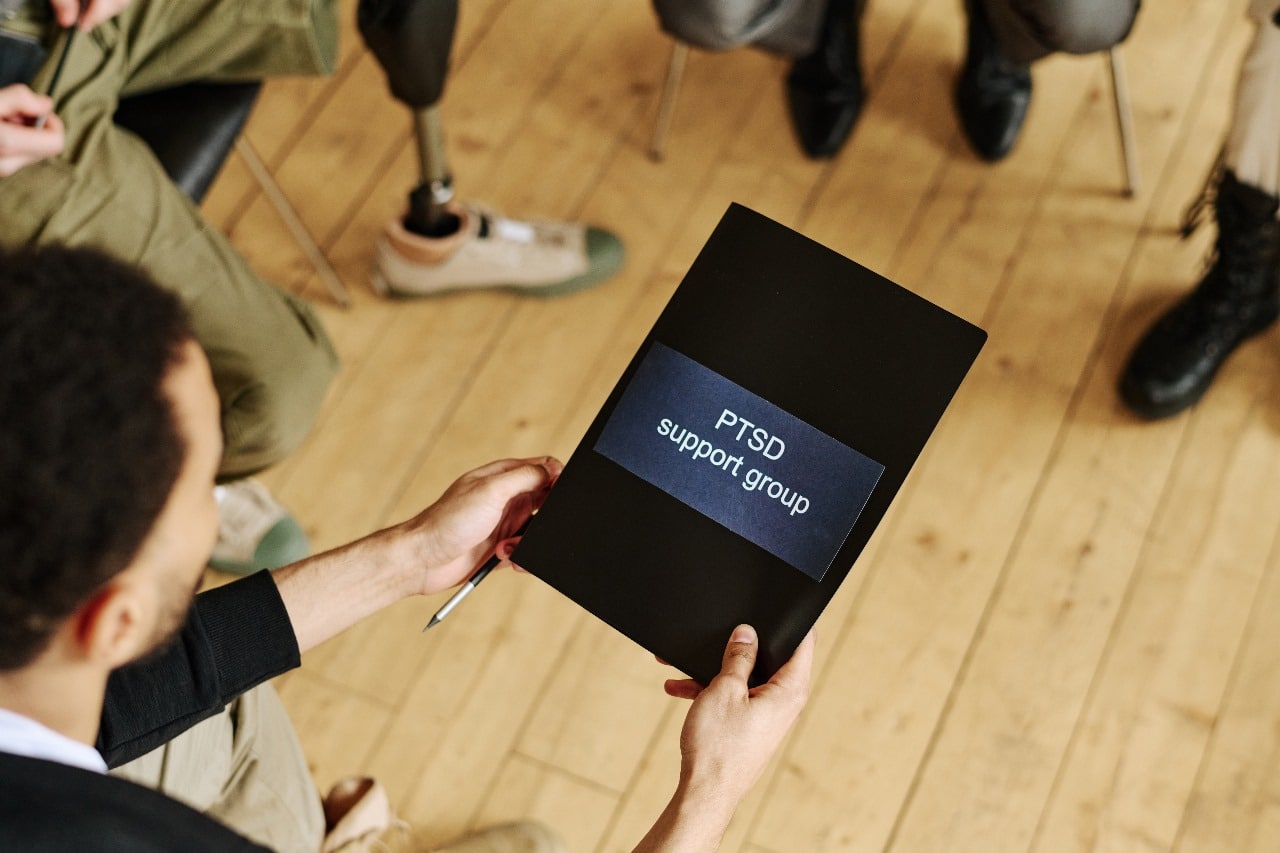
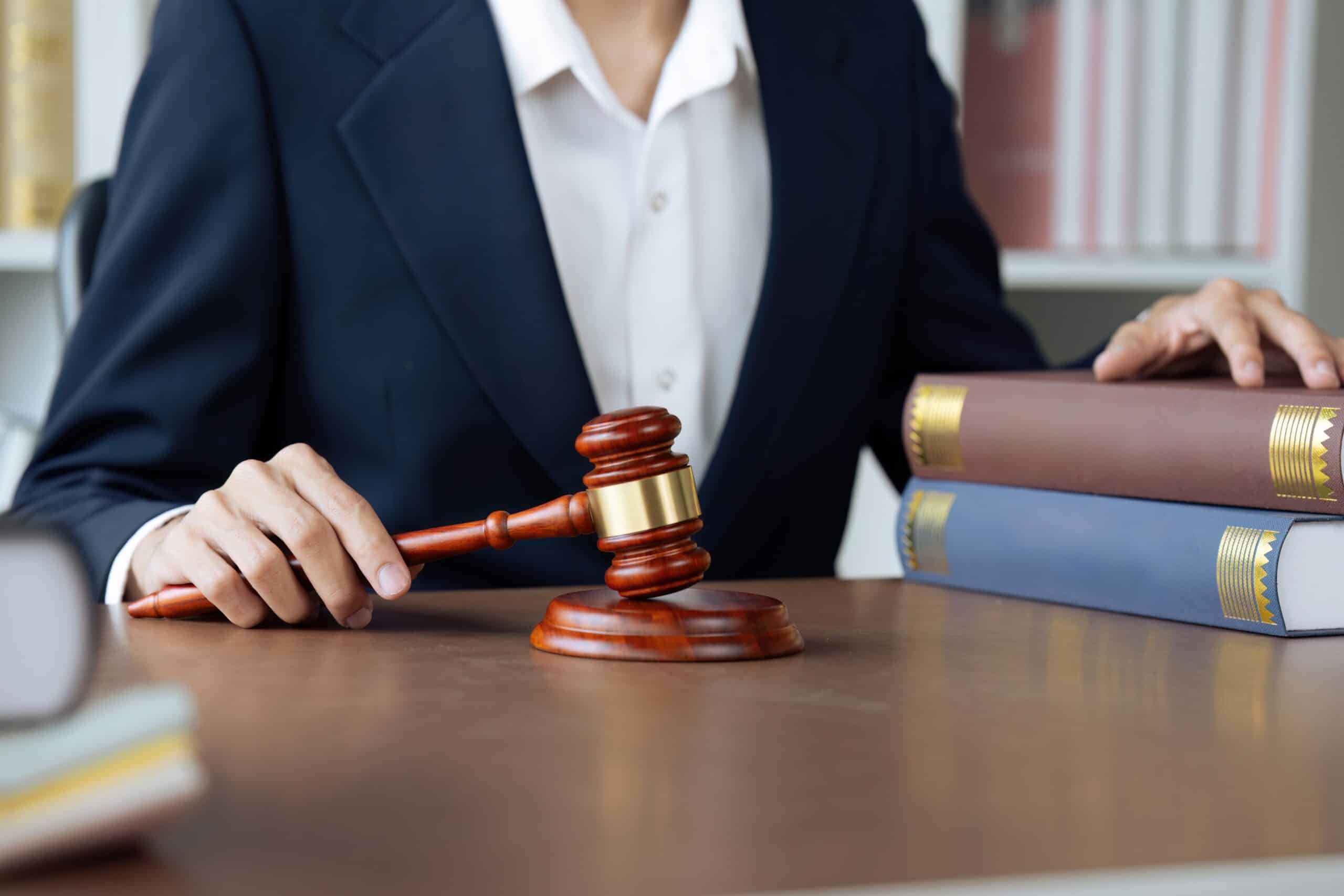

Recent Comments